Who was Joseph Henderson?
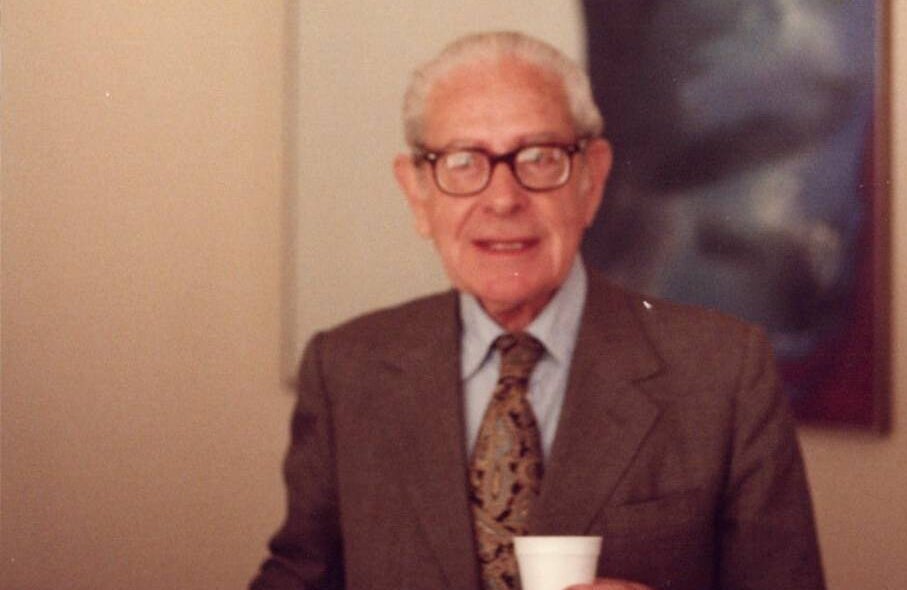
Joseph Henderson (1903-2007) was a prominent figure in the field of analytical psychology, best known for his work on cultural attitudes and the concept of the cultural unconscious. A key collaborator of Carl Jung and a founding member of the C.G. Jung Institute in San Francisco, Henderson’s contributions have had a lasting impact on both the theory and practice of analytical psychology. His work on the intersection of culture and the psyche has provided valuable insights into the ways in which cultural contexts shape individual development and psychological processes.
Early Life and Education
Joseph Lewis Henderson was born on August 31, 1903, in Elko, Nevada. His interest in psychology was sparked during his undergraduate studies at the University of California, Berkeley, where he initially pursued a degree in history. After graduating in 1925, Henderson went on to study medicine at St. Bartholomew’s Hospital in London. It was during his time in London that he encountered the works of Carl Jung, which deeply resonated with him and influenced his decision to pursue a career in analytical psychology.
Henderson trained as a Jungian analyst under Jung’s direct supervision in Zurich, Switzerland. This period of training solidified his commitment to Jungian psychology and laid the foundation for his future contributions to the field.
Relationship with Analytical Psychology
Henderson’s relationship with analytical psychology was profoundly shaped by his close association with Carl Jung. As one of Jung’s students and collaborators, Henderson was deeply influenced by Jung’s theories of the collective unconscious, archetypes, and individuation. However, Henderson also brought his unique perspective to Jungian psychology, particularly through his exploration of cultural and mythological themes.
Upon returning to the United States, Henderson played a pivotal role in establishing the C.G. Jung Institute in San Francisco in 1949, where he served as a training analyst and lecturer. His work at the institute helped to disseminate Jungian ideas in North America and fostered the growth of analytical psychology as a recognized discipline.
Key Ideas and Contributions
Cultural Attitudes and the Cultural Unconscious
One of Henderson’s most significant contributions to analytical psychology is his work on cultural attitudes and the cultural unconscious. He proposed that just as individuals have personal unconscious material, cultures also possess collective unconscious elements that influence the behavior and beliefs of their members. Henderson’s concept of the cultural unconscious extends Jung’s idea of the collective unconscious to encompass the shared symbols, myths, and attitudes of specific cultural groups.
In his book “Cultural Attitudes in Psychological Perspective,” Henderson explores how cultural myths and symbols shape the psychological development of individuals. He argues that understanding these cultural influences is crucial for effective psychological analysis and therapy. Henderson’s work highlights the importance of considering cultural context when interpreting psychological phenomena and underscores the interplay between individual and collective processes.
The Archetype of Initiation
Henderson made significant contributions to the understanding of archetypes, particularly the archetype of initiation. He viewed initiation as a fundamental psychological process that marks the transition from one stage of life to another, often accompanied by rituals and symbolic acts. Henderson’s exploration of initiation rituals across different cultures provided valuable insights into the universal patterns underlying these practices and their psychological significance.
His work on initiation is encapsulated in the book “Thresholds of Initiation,” where he examines the role of initiation in personal development and transformation. Henderson’s insights into the archetype of initiation have been influential in both clinical practice and the study of mythology and comparative religion.
The Concept of Cultural Renewal
Henderson was deeply interested in the idea of cultural renewal and the role of the individual in contributing to the transformation of society. He believed that individuals who undergo significant psychological growth and individuation can become agents of cultural change. This idea is closely linked to his work on the cultural unconscious, as he viewed the integration of personal and cultural unconscious material as essential for both personal and collective renewal.
Henderson’s perspective on cultural renewal emphasizes the interconnectedness of individual and societal transformation. He argued that meaningful cultural change requires individuals to engage with and integrate the unconscious elements of their culture, leading to a more conscious and holistic understanding of both themselves and their society.
Joseph Henderson’s Contributions to Dream Analysis
Henderson made significant contributions to the field of dream analysis, building upon the work of Carl Jung. He believed that dreams provided a window into both the personal and cultural unconscious, offering valuable insights into an individual’s psychological state and the broader cultural context in which they live.
In his approach to dream analysis, Henderson emphasized the importance of exploring the symbolic content of dreams and their relationship to cultural myths and archetypes. He argued that by understanding the cultural and mythological themes present in dreams, analysts could gain a deeper understanding of their patients’ psychological struggles and provide more effective therapeutic interventions.
Influence on Cross-Cultural Psychology
Henderson’s focus on the intersection of culture and psychology has made him an important figure in the development of cross-cultural psychology. His concept of the cultural unconscious has provided a theoretical foundation for understanding how cultural factors shape psychological processes and behavior.
Henderson’s work has inspired subsequent research into the ways in which cultural contexts influence mental health, identity formation, and interpersonal relationships. His ideas have been particularly influential in the study of cultural differences in self-concept, emotion, and social cognition.
By highlighting the importance of cultural context in psychological analysis, Henderson’s contributions have helped to promote a more inclusive and culturally sensitive approach to mental health treatment and research.
The Henderson Archive
The Joseph L. Henderson Archive, housed at the C.G. Jung Institute of San Francisco, contains a wealth of materials related to Henderson’s life and work. The archive includes personal correspondence, manuscripts, lectures, and other documents that provide insight into Henderson’s intellectual development and his relationships with key figures in the field of analytical psychology.
The archive is an invaluable resource for scholars and researchers interested in the history of Jungian psychology and the contributions of Joseph Henderson. It offers a unique glimpse into the personal and professional life of one of the most influential figures in the development of analytical psychology in the United States.
Major Works and Publications
Cultural Attitudes in Psychological Perspective
In this seminal work, Henderson explores the influence of cultural myths and symbols on psychological development. He examines the ways in which cultural attitudes shape individual beliefs and behaviors, offering a framework for understanding the interplay between cultural and personal unconscious material. This book is a key text for anyone interested in the intersection of culture and psychology.
Thresholds of Initiation
“Thresholds of Initiation” delves into the archetype of initiation and its significance in psychological development. Henderson analyzes initiation rituals from various cultures, highlighting the universal patterns and psychological processes underlying these practices. The book provides valuable insights into the role of initiation in personal transformation and individuation.
Shadow and Self
In “Shadow and Self,” Henderson explores the concept of the shadow and its relationship to the self. He examines the role of the shadow in psychological development and the process of individuation, offering practical guidance for working with shadow material in therapy. This work is essential reading for anyone interested in the dynamics of the shadow and its integration into the self.
Published Works and Timeline
- 1948 – Ancient Myths and Modern Man (co-authored with others)
- 1967 – Thresholds of Initiation
- 1974 – The Wisdom of the Serpent: The Myths of Death, Rebirth, and Resurrection (co-authored with Maud Oakes)
- 1984 – Cultural Attitudes in Psychological Perspective
- 1990 – Shadow and Self
Influence and Legacy
Joseph Henderson’s contributions to analytical psychology have had a profound and lasting impact on the field. His work on cultural attitudes and the cultural unconscious has provided valuable insights into the ways in which cultural contexts shape psychological development and individual behavior. Henderson’s emphasis on the interplay between individual and collective processes has enriched the practice of analytical psychology, offering a more comprehensive understanding of the psyche.
His exploration of the archetype of initiation and the concept of cultural renewal has influenced both clinical practice and the study of mythology and comparative religion. Henderson’s ideas continue to inspire and inform the work of psychologists, therapists, and scholars, highlighting the importance of considering cultural context in psychological analysis.
If you liked this read the articles on other Jungian topics:
Bibliography
- Henderson, Joseph. Cultural Attitudes in Psychological Perspective. Toronto: Inner City Books, 1984.
- Henderson, Joseph. Thresholds of Initiation. Middletown, CT: Wesleyan University Press, 1967.
- Henderson, Joseph. Shadow and Self. Wilmette, IL: Chiron Publications, 1990.
- Henderson, Joseph, and Maud Oakes. The Wisdom of the Serpent: The Myths of Death, Rebirth, and Resurrection. New York: George Braziller, 1974.
- Kirsch, Thomas B. The Jungians: A Comparative and Historical Perspective. London: Routledge, 2000.
- Samuels, Andrew, Bani Shorter, and Fred Plaut. A Critical Dictionary of Jungian Analysis. London: Routledge, 1986.
- Shamdasani, Sonu. Jung Stripped Bare by His Biographers, Even. London: Karnac Books, 2004.


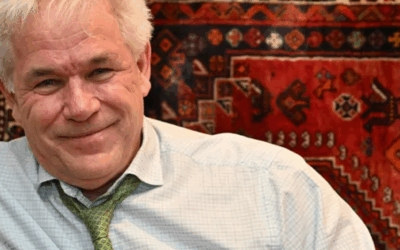




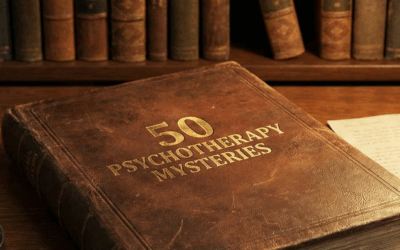
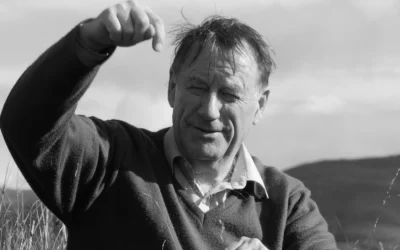
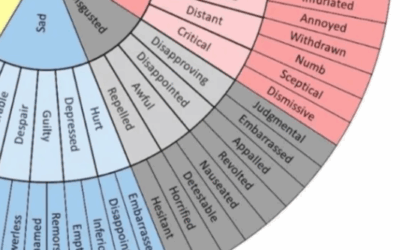

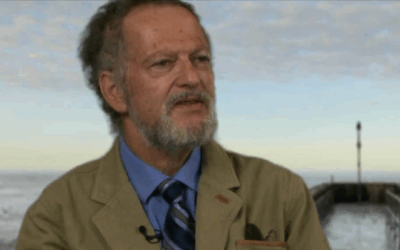

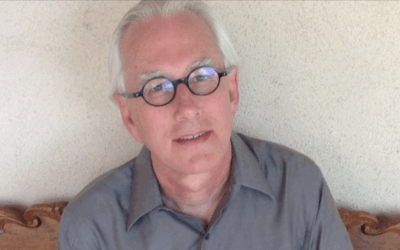
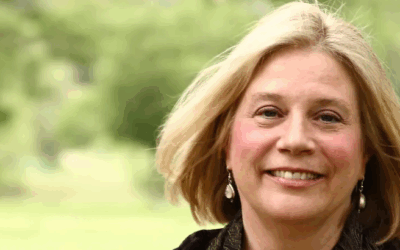
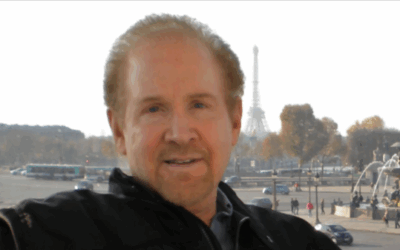


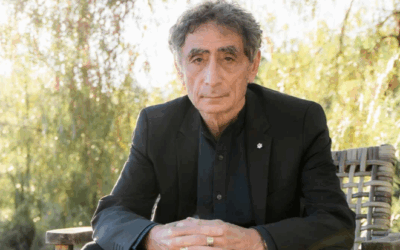
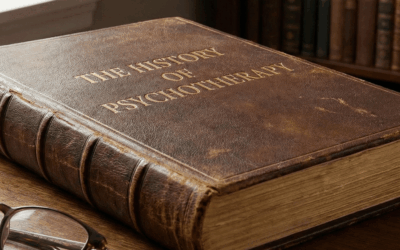
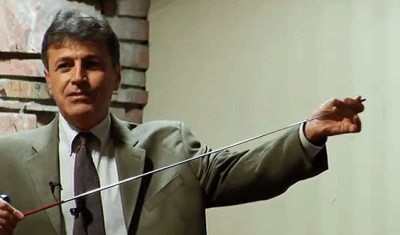

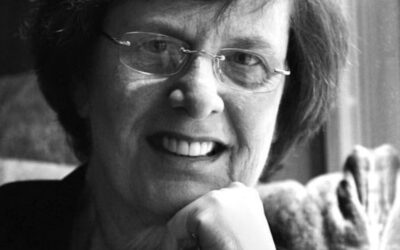

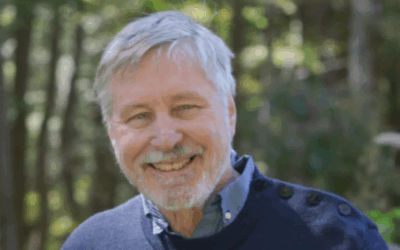
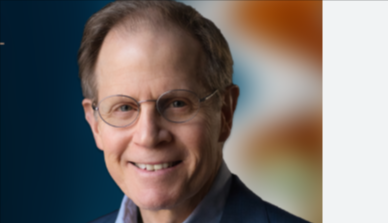
0 Comments